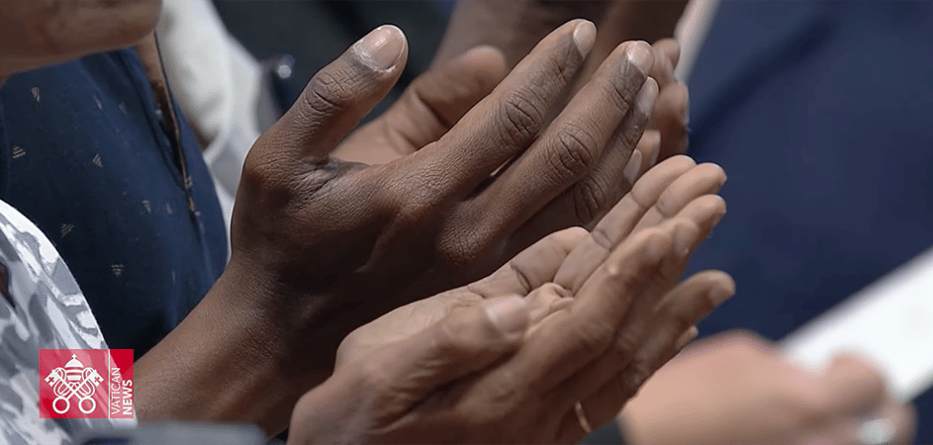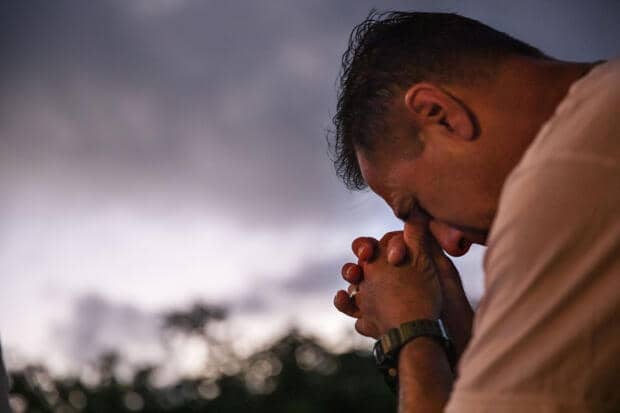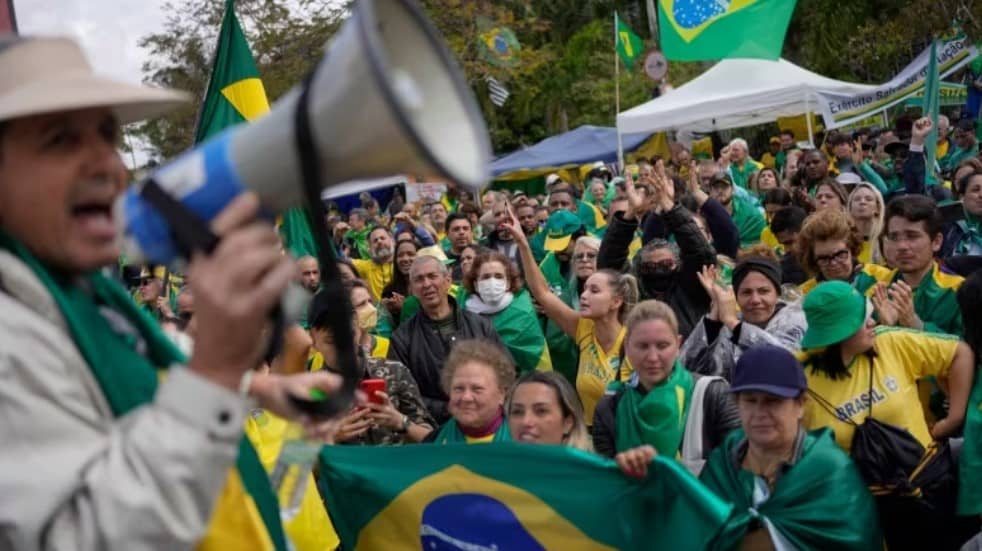Victor Hugo’s famed novel Les Miserables offers some important lessons to the progressive liberals who have taken to the streets over the election of Donald Trump.
Those familiar with the novel know that Hugo was sympathetic to the liberal cause in France, which unfolded from the French Revolution until he published the work in 1862. The reader also knows that the novel’s revolutionaries were gravely misled by a dangerous idealism and, in the end, the big losers of the 1832 June uprising.
The true revolution triumphed in the little and often hidden cause of mercy that unfolds amidst the turmoil of France’s unending political unrest.
Hugo’s icon of enlightenment is Bishop Myriel of Digne, France. His forgiveness of the convict Jean Valjean sets into motion a “revolution of tenderness” (to quote Pope Francis), which consummates with Valjean passing into the kingdom of heaven, having given truly the better years of his life to Jesus in the cause of mercy and self-sacrifice.
Hugo’s silent revolution was initiated by the triumvirate of divine goodness proclaimed in the bishop’s simple act of mercy: love your enemies, pray for those that persecute you, and turn the other cheek. Hugo understood what today’s progressive liberals have forgotten.
Mercy is the bedrock of a just social order. Hugo conveys this as the story unfolds, when later we find that Valjean has become an exemplary mayor and factory owner to his workers. By contrast, the street barricade near the novel’s end is but a parody of liberation as it falters in death and no advance for the cause of humanity.
In similar fashion, progressive liberals today have lost their way. The universities from which they come have turned students into angry ideologues with little grounding in reality or truth. Not unlike the university students that gathered in Hugo’s ABC café, many of our university students have been led to a dead end, a barricade.
One news story days after the election featured an anarchist declaring there can be no change unless people are killed—this being his revolutionary cry for the assassination of president-elect Trump. Hugo shows that the students are the ones who ultimately die, in the streets no less, and not as martyrs but as the cuckolded mercenaries of their bourgeoisie university professors.
Progressive liberals have also made a terribly grave error. The civil rights activists of the 1960’s, in whose legacy they profess to stand, did not insight violence but saw violence perpetrated against them, which they endured with the patient non-violence of Christian faith.
And let me point out another often overlooked, but foundational fact of the civil rights movement. Those mature leaders who opposed racism did not defend the rights of the African American because they were black. They defended the African American because they are human beings made in the image of God.
Had we stayed on that path, we would be in a very different place today. Racism might even largely be a thing of the past in America. But we didn’t. Instead, we shifted the emphasis onto what distinguishes us, and so erupted the sexual revolution and every other social dialectic we have to endure now.
Today, progressives defend what is, for all intents and purposes, incidental to being human, be it ethnicity, sex, orientation, immigrant status or gender identity. No human being is more or less human on account of these things. It is because some people actually believe so that we always have to defend human rights in the first place.
To attach a preferential option to particularities is precisely what opposes us one to another and makes us forget who we are in God -a human family. Only what is universal can be universally loved and esteemed. This is Hugo’s great insight into Christian enlightenment. His two protagonists loved their enemies because they loved humanity first. Christ died for all.
I do not deny that there still exists some deep prejudicial contempt toward minorities, women, gays, immigrants, and might I add people of faith, the elderly, the disabled and the unborn. Yet if we are worse off today, it is because we have forgotten that our dignity is attached to our nature, not our circumstantial features, historical context, or self-perception.
To ascribe absolute value to these distinctions turns right into might according to the dictatorship of personal preference. For whatever might happen to be associated with my personal preference — or identity –quickly becomes intolerance of human dignity.
Every true bigot puts this on full display. So here we are watching young liberals silencing dialogue, upending a valid democratic process, and inciting threats of violence. What an irony.
In the coming weeks and months ahead, let us hope that none of us are picking up half-dead university students and carrying them through the sewers to safety. As the miserable ones of Victor Hugo’s epic tale shows us, the mercy of God can truly liberate us.
Michel Therrien is the Director of Evangelization and President of the Institute for Pastoral Leadership in the Diocese of Pittsburgh.


















